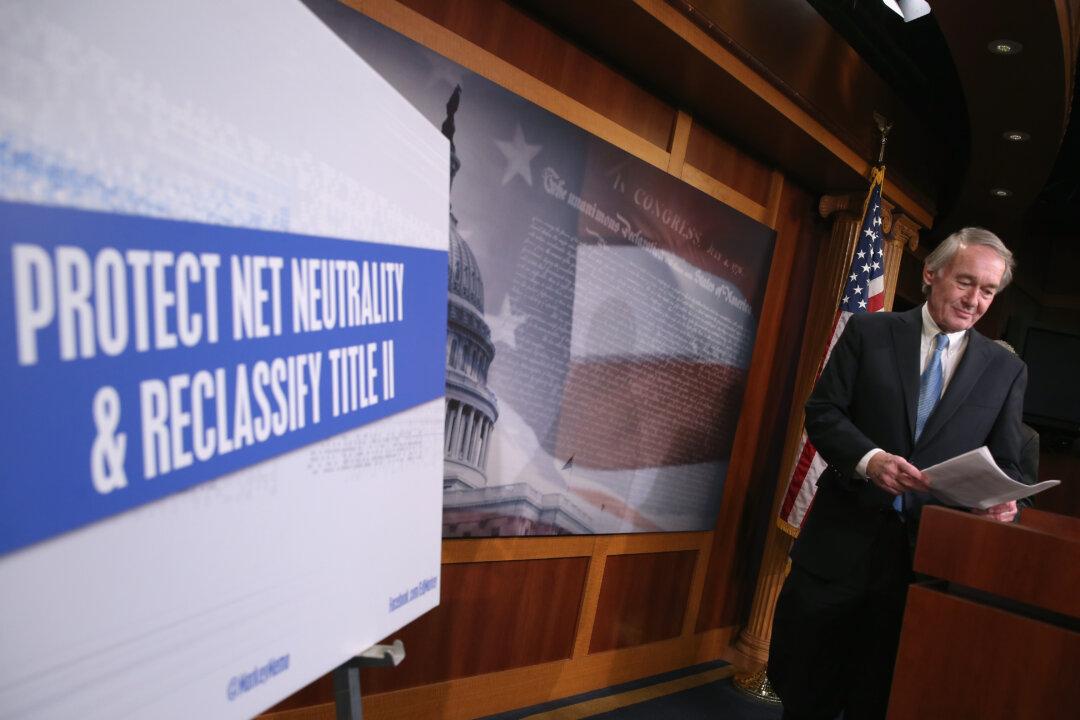On Wednesday, FCC chair Tom Wheeler confirmed once again that he would propose strict net neutrality rules during the commission’s open meeting on Feb. 26. Net neutrality activists cheered on the decision as a hard-earned victory for an open Internet, but for many consumers, neutrality comes at a price.
The FCC (Federal Communications Commission) will likely vote to regulate ISPs as common carriers under Title II of the Telecommunications Act, which would impose a new set of state and local taxes and fees on broadband Internet. The left-leaning Progressive Policy Institute (PPI) estimated that the new fees will total $15 billion annually, which amounts to $49 for wireline broadband users and $53 for wireless users every year.
The price increase could squeeze millions of price-sensitive customers to switch from broadband Internet to an alternative.
Exactly how consumers will react to more expensive broadband is hard to predict, but some economists have tried to model the price sensitivity of broadband users. An analysis by two economists from the FCC found that the demand for broadband has a price-elasticity of -.62.
A rough calculation of how many people would give up their broadband multiplies .62 by the percent change of the price (9.1) and the number of current wireline subscribers (84 million), which yields a figure of 4.7 million.





